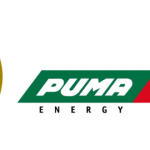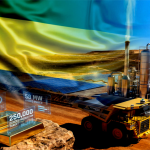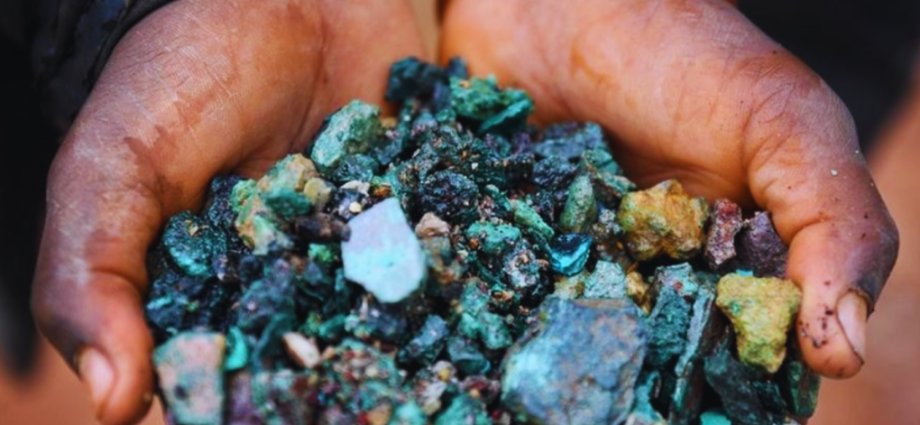Global supply chains are under pressure as IXM, the metals trading arm of China’s CMOC Group, declared force majeure on its cobalt contracts this week—citing a prolonged export ban by the Democratic Republic of Congo (DRC), the world’s cobalt superpower.
The move follows the DRC government’s decision to extend its cobalt export suspension by another three months, aiming to curb global oversupply and halt a sharp price decline. The ban, which first took effect on February 22, is enforced by the Authority for the Regulation and Control of Strategic Mineral Substances’ Markets (ARECOMS).
Global Supply Chains on Edge
The DRC is responsible for more than 80% of the world’s cobalt supply, and the export restrictions have already begun to ripple across critical industries—from electric vehicle manufacturing to renewable energy storage.
Two of the country’s largest cobalt operations—Tenke Fungurume and Kisanfu, both CMOC-linked and major suppliers to IXM—have been unable to ship material, tightening the screws on a fragile global supply chain.
Industry experts warn the ban could withhold over 100,000 tonnes of cobalt from international markets over seven months—posing a severe bottleneck for battery makers and energy tech firms racing to meet green energy targets.
A Global Shockwave
The shockwaves go beyond IXM. Mining giant Glencore, the world’s second-largest cobalt producer, declared its own force majeure shortly after the initial ban was introduced. Meanwhile, Cobalt Holdings, a startup looking to capitalize on discounted cobalt inventories, was forced to cancel its $230 million IPO in London, citing market instability.
Analysts say the ongoing disruption could reshape cobalt pricing dynamics, amplify investment risk in Africa’s mining sector, and spark renewed interest in alternative supply sources—from Indonesia to Canada.
What’s at Stake
Cobalt is a critical component in lithium-ion batteries, essential for everything from smartphones and laptops to electric vehicles and grid-scale energy storage. As the global clean energy transition gains pace, the DRC’s grip on supply—and its regulatory unpredictability—poses a growing challenge for manufacturers and investors alike.
With the force majeure declarations mounting and cobalt stuck at port, the message is clear: the world’s dependence on a single country for a strategic mineral comes with high-stakes consequences.















